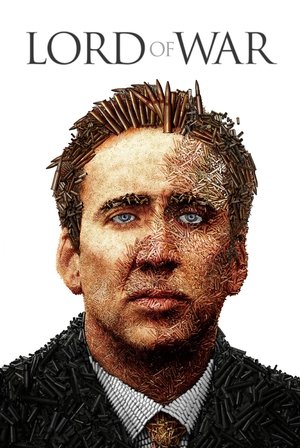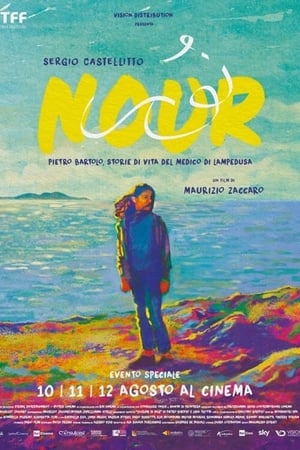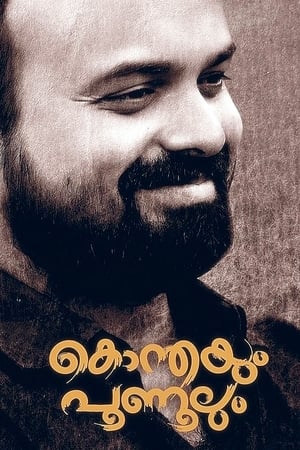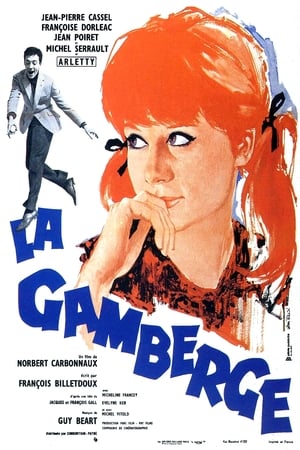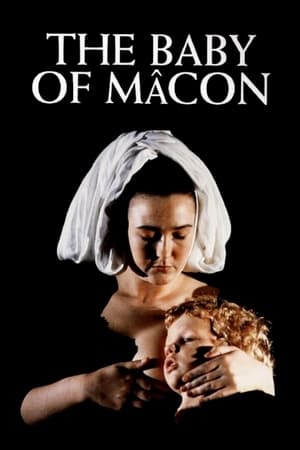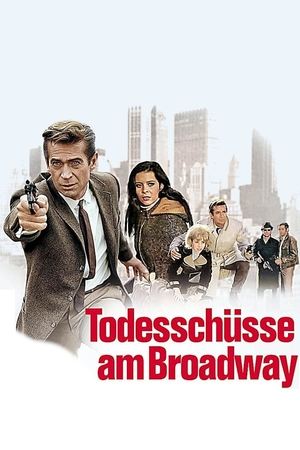Overview
A journalist descends into the dark underbelly of the Iranian holy city of Mashhad as she investigates the serial killings of sex workers by the so called "Spider Killer", who believes he is cleansing the streets of sinners.
Reviews
Over a relatively short period of time, over a dozen dead women are found bundled by the roadside - and the police are baffled? The women have not been sexually assaulted, but strangled using a knot tied in their headscarves. Not convinced that everything is being done by the authorities, investigative journalist "Rahimi" (Zar Amir-Ebrahimi) decides to get to the truth. Meantime, we follow the life of taxi driver "Saeed" (Mehdi Bajestani) and his daily life helps us to realise that the deceased were prostitutes. Not that he uses them, but pretty soon we realise that the stories are connected. At this point the plot rather falls away - we get to the bottom of the murder-mystery a little too simplistically for my liking; but actually as that plot develops we realise that the whodunit element of the narrative is not the most important one. It rapidly becomes an evaluation of a judicial process - and of vocal popular opinion - that may just indicate that these killings are in someway justifiable. These women, were - after all, sinful and irredeemable. Can the killer capitalise on this zealousness and escape justice? It's quite an intriguing film that looks at how religious faith can butt - head to head - with civic justice; of how the ordinarily law-abiding public themselves can; of how a person can genuinely believe he is doing good by removing "stains" from his community... I cannot believe anyone from the West would watch this with anything other than a feeling of abhorrence at the offences, but this film does attempt to put both sides in a thought-provoking fashion. Though it didn't change my opinion, it did offer a balance that makes the last twenty minutes or so a lot less fait accompli than we might expect. Bajestani is good here and this is more than just a good vs. evil crime drama. Well worth a watch. Telly will be fine, though.
**By: Louisa Moore / www.ScreenZealots.com**
“Holy Spider” is a disturbing crime thriller that’s based on the true story of the “Spider Killer” Saeed Hanaei, a man who murdered 16 female sex workers in Iran in the early 2000s. It’s a chilling tale of the intersection of religion, culture, social status, and sexism, and despite director Ali Abbasi sometimes crossing the line into more sordid territory, it’s a genuinely alarming film with a distressing universal message about the value of women.
Female journalist Rahimi (Zar Amir-Ebrahimi) travels to the Iranian holy city of Mashhad to investigate a serial killer who is targeting local prostitutes. With skill and determination, every day brings her one step closer to exposing the perpetrator. When it’s discovered that the murderer is a charismatic family man named Saeed (Mehdi Bajestani), it seems like a cut-and-dried, slam dunk of a case, especially when he admits to his crimes. But when the killer brags that he is holy man who is on a divine mission from God to clean up the streets by ridding the city of corrupt, “dirty women,” he’s embraced by many as a hero. Shockingly, Saeed isn’t seen as guilty, making justice even harder to come by.
Amir-Ebrahimi’s lead performance is wholly engrossing, and she portrays Rahimi with a forceful grace and intellect. She’s terrific as a journalist who is seeking justice yet trapped in an intense game of cat-and-mouse with a deranged serial killer who uses religion as an excuse to carry out over a dozen horrifying murders of women. Amir-Ebrahimi displays a composure that masks an underlying rage, and her strong performance carries the film.
While the story is based on real events, co-writers Abbasi and Afshin Kamran Bahrami have crafted a work of fiction for the sake of entertainment. This is imagined storytelling and not the actual truth, even though parts of this story really happened. It’s alarming and unsettling, especially when the film recreates the murders in shocking fashion, and even more so when Rahimi is faced with the stark realities of deeply-rooted traditions of misogyny that are rampant in Iranian society (and quite frankly, around the globe).
“Holy Spider” is an aggressive, unflinching film that will anger and enrage. By telling the story from a female’s point of view, it feels all the more disturbing and timely.

 118 min
118 min
 7.271
7.271
 2022
2022
 Denmark
Denmark
 CinemaSerf wrote:
CinemaSerf wrote: